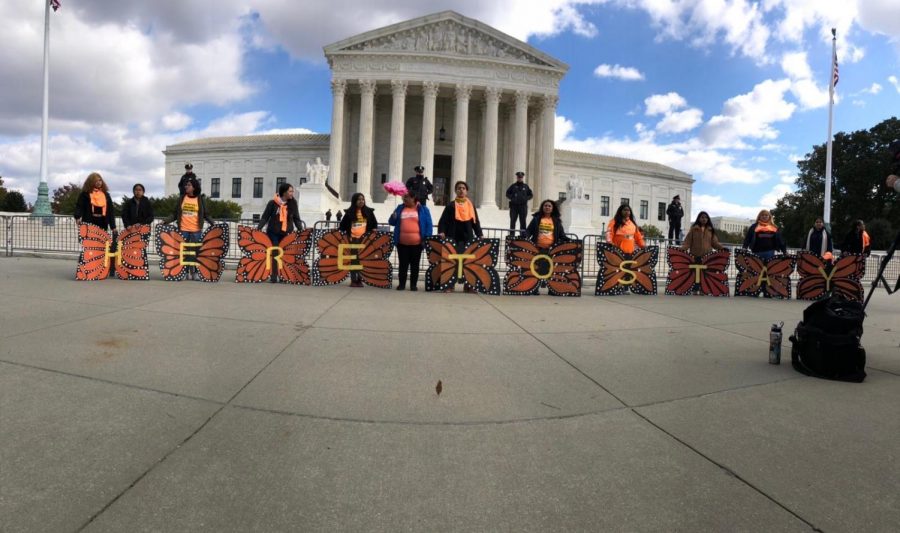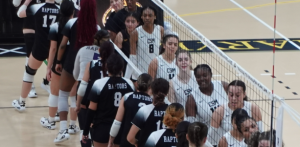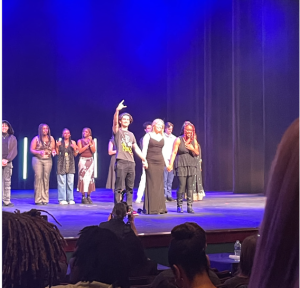DACA Heads Before Supreme Court
Immigrant-rights advocates from United We Dream, the nation’s largest immigrant youth-led network, stand in solidarity with DACA recipients days before Nov. 12 hearing.
November 12, 2019
Justices on the Supreme Court will hear arguments on Nov. 12 about whether or not President Trump legally terminated Deferred Action for Childhood Arrivals (DACA).
The questions asked before the court are whether judges may review the decision to end DACA, and if the Trump administration was consistent with the Administrative Procedure Act when he terminated the program.
The government maintains its argument that President Obama’s move on DACA was unlawful, according to SCOTUSblog entries.
The hearing comes after President Trump announced his administration would begin phasing out the DACA program in September 2017. Civil rights leaders then launched years-long legal battles to preserve DACA.
After Trump’s decision, lower federal courts in California, New York, and the District of Columbia allowed current DACA beneficiaries to continue accepting renewals.
Supreme Court Justices then agreed on June 28 to hear consolidated arguments from all three cases.
The State of Maryland will be among many other respondents challenging the legality of Trump’s decision on Tuesday.
Former President Barack Obama signed DACA in 2012, which grants young undocumented children who were brought into the United States to secure bi-yearly work permits and relief from deportation. Since then, nearly 700,000 young immigrants benefit from the protections provided by the program.
According to the American Council on Education, 45% of DACA recipients are currently enrolled in school or college. But the constant anxiety of having your future in limbo can be mentally consuming, especially while in the classroom, said Juliza Majano.
Juliza, a Montgomery College freshman, is among those thousands of DACA beneficiaries pursuing a college degree. She came to the United States at age 5 and calls Maryland her home. DACA allows her to work and alleviate financial difficulties at home for her family, she said.
“Without DACA, I would not be able to work anymore,” Majano said. “Rescinding DACA feels like the end of me.”
Local schools are even reacting to Tuesday’s Supreme Court case. Students from Gaithersburg High School, Montgomery College, American University, and Trinity Washington University will participate in nationwide walkouts and will be rallying in front of the court in solidarity with DACA recipients, said Luz Chavez Gonzales, the Youth Mobilizing Organizer at United We Dream, a grassroots immigrant-rights organization on the frontlines of defending DACA. She is one of many leaders advocating under the #HomeIsHere campaign, which ignited in response to the Trump administration’s push to halt DACA.
“Any way that the Supreme Court rules, will change generations to come,” said Luz, “We need to stand there and fight back.”












